Texas Republican Representative Dan Crenshaw came under fire for his support of a lawsuit demanding certain states' votes be overturned for the purpose of handing Donald Trump a second term despite losing the popular vote by over 7 million votes.
As with all the other lawsuits, it didn't seek to negate any state or local election results on the same ballots that Republicans won.
Crenshaw took to Twitter Friday morning to explain his decision to sign onto an amicus brief in support of the lawsuit, Texas vs. Pennsylvania et. al., which asked the Supreme Court to throw out some votes cast only for President-elect Joe Biden last month in Pennsylvania, Georgia, Michigan and Wisconsin. Any votes for Republican candidates or Trump would—of course—be kept.
You can read his explanation here.
Crenshaw's tweet thread came after he and 106 other Republican lawmakers who signed onto the amicus brief were branded as traitors guilty of sedition by many, including several prominent Republicans.
In his tweets, Crenshaw alleged the elections that didn't favor Trump in the states listed could not be trusted.
"...Authorities other than state legislatures unilaterally made sweeping changes to election law and therefore diminished integrity and faith in the system."
Crenshaw went on to say he hoped the suits would compel states to adopt better election practices.
"My personal hope is that drawing additional attention to it forces states to clean up their act, and adopt far better and more secure systems going forward that will garner the kind of faith in our elections our nation so desperately needs."
Crenshaw's stated reasoning for supporting the lawsuit makes little sense.
As MSNBC's Chris Hayes pointed out, Crenshaw's own home state of Texas made sweeping changes to its election laws this year, but that doesn't seem to have bothered Crenshaw or other members of the GOP in the least.
All in all, virtually no one bought what Crenshaw was selling.
People from both sides of the aisle quickly showed up in his replies to point out his rank hypocrisy.
In the end, the Supreme Court disagreed with Crenshaw too.
It chose Friday not to hear the case in a unanimous vote that included Justices Gorsuch, Kavanaugh and Barrett, whom many believed Trump appointed specifically to help him steal the election.

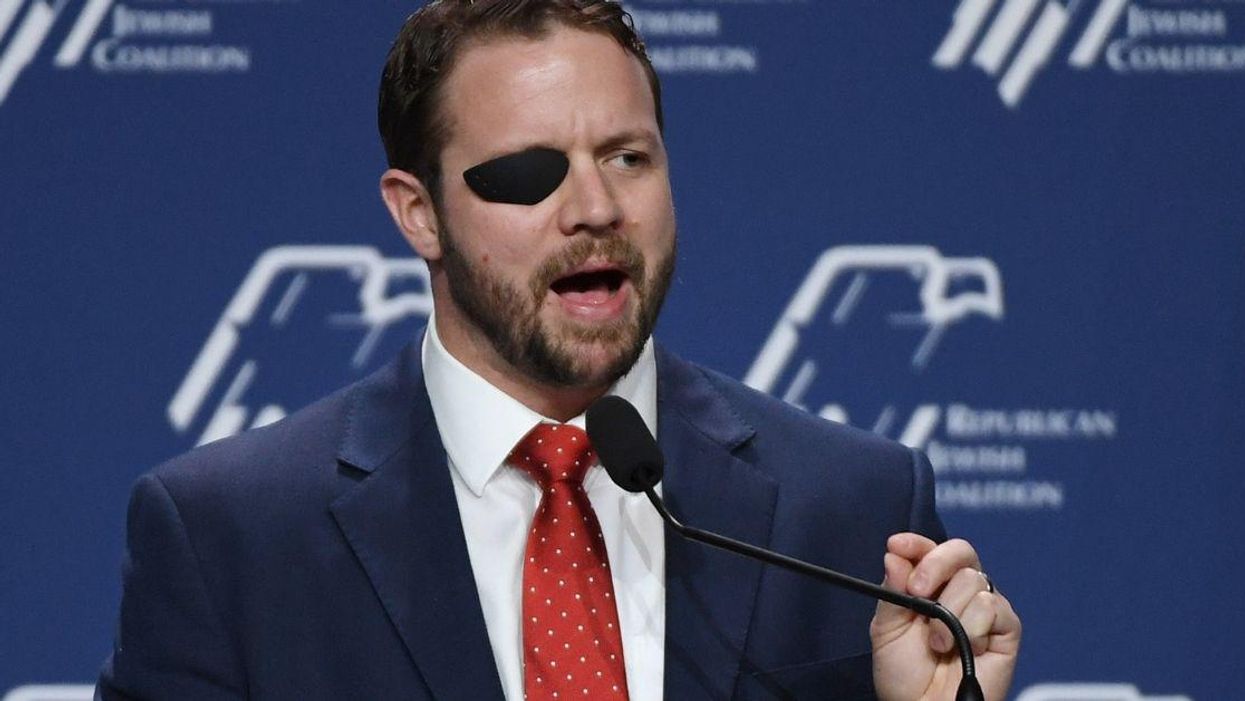




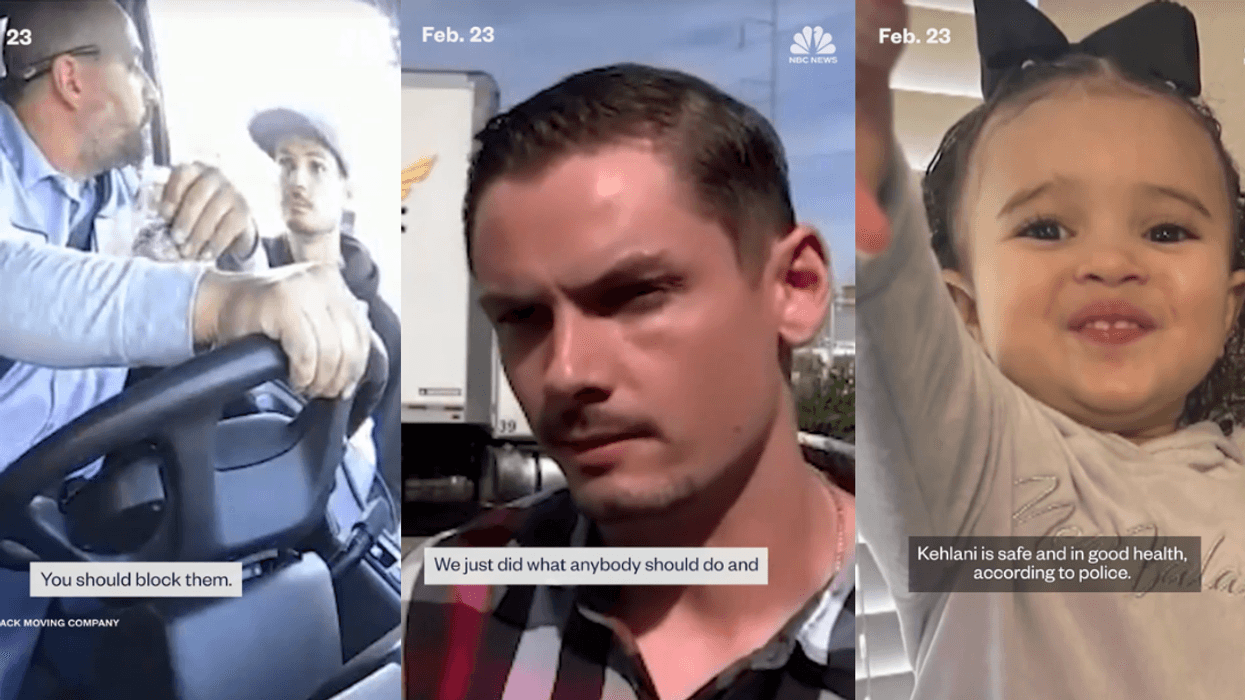
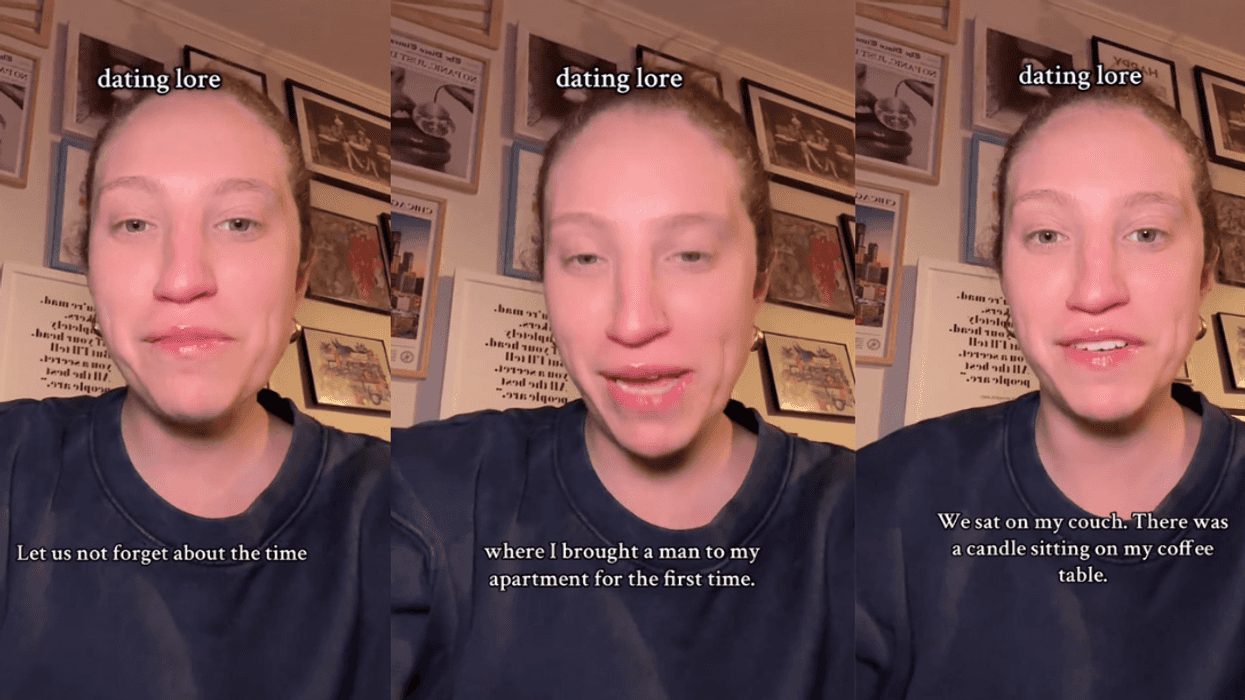
 @hi_its_chey/TikTok
@hi_its_chey/TikTok @hi_its_chey/TikTok
@hi_its_chey/TikTok @hi_its_chey/TikTok
@hi_its_chey/TikTok @hi_its_chey/TikTok
@hi_its_chey/TikTok @hi_its_chey/TikTok
@hi_its_chey/TikTok @hi_its_chey/TikTok
@hi_its_chey/TikTok @hi_its_chey/TikTok
@hi_its_chey/TikTok @hi_its_chey/TikTok
@hi_its_chey/TikTok @hi_its_chey/TikTok
@hi_its_chey/TikTok @hi_its_chey/TikTok
@hi_its_chey/TikTok @hi_its_chey/TikTok
@hi_its_chey/TikTok @hi_its_chey/TikTok
@hi_its_chey/TikTok @hi_its_chey/TikTok
@hi_its_chey/TikTok




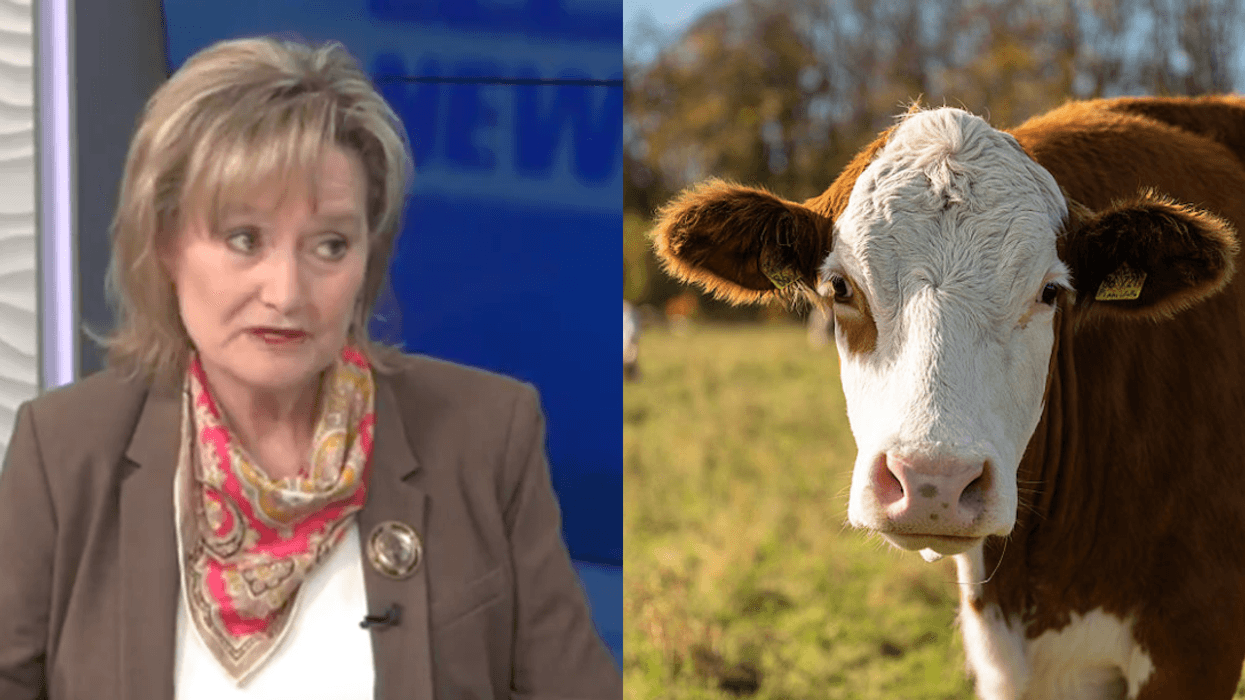
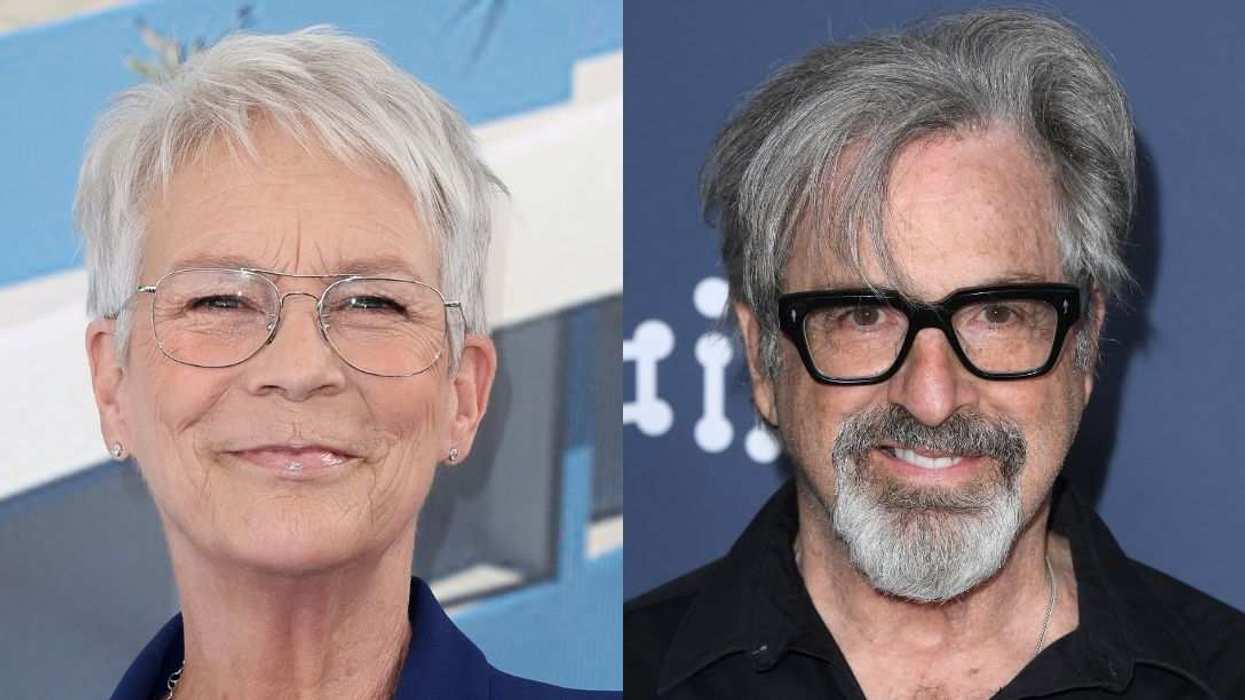
 @ritawilson/Instagram
@ritawilson/Instagram @bettyjo46/Instagram
@bettyjo46/Instagram @dottdott65/Instagram
@dottdott65/Instagram @betseyboop/Instagram
@betseyboop/Instagram @ondinefortune/Instagram
@ondinefortune/Instagram @heathermessina/Instagram
@heathermessina/Instagram @mlejordan/Instagram
@mlejordan/Instagram @icu2qtpie/Instagram
@icu2qtpie/Instagram @ryan.mannino013/Instagram
@ryan.mannino013/Instagram @helen_nk0730/Instagram
@helen_nk0730/Instagram @steph.lynn_26/Instagram
@steph.lynn_26/Instagram @themovieposterguy/Instagram
@themovieposterguy/Instagram
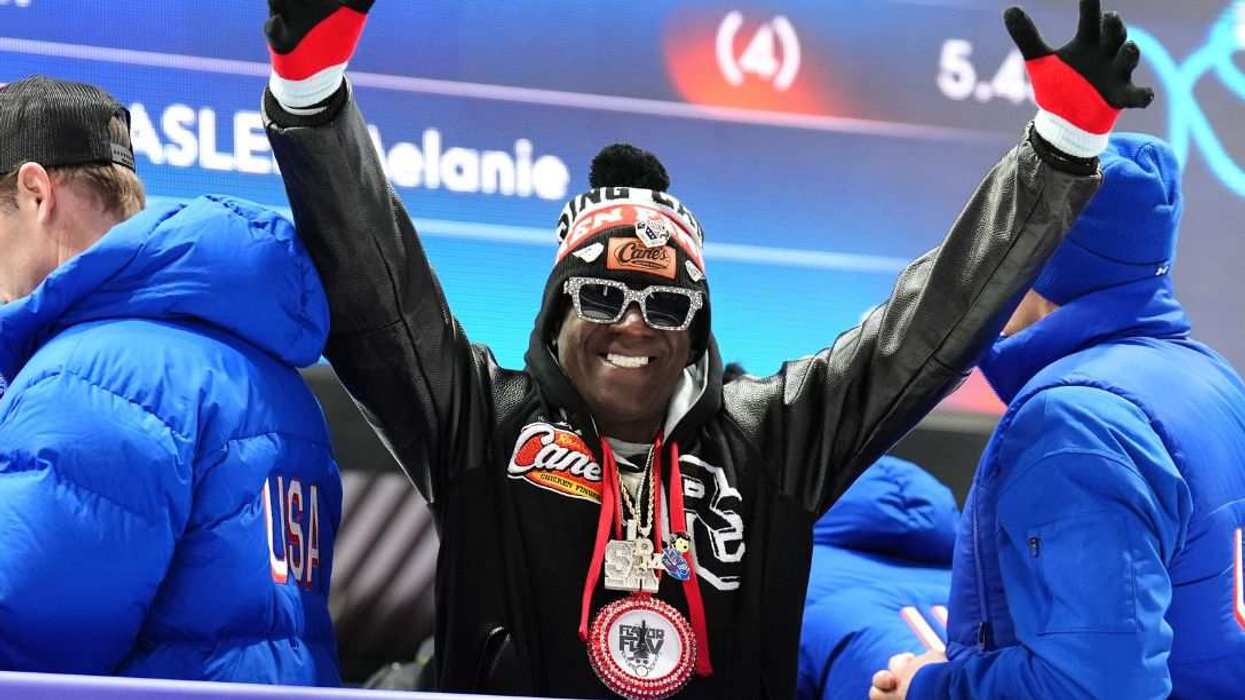
 @lancebass/Instagram
@lancebass/Instagram @aj_mclean/Instagram
@aj_mclean/Instagram @ditavonteese/Instagram
@ditavonteese/Instagram @tmobilearena/Instagram
@tmobilearena/Instagram @clearlycanadian/Instagram
@clearlycanadian/Instagram @sprouts/Instagram
@sprouts/Instagram @cityoflasvegas/Instagram
@cityoflasvegas/Instagram